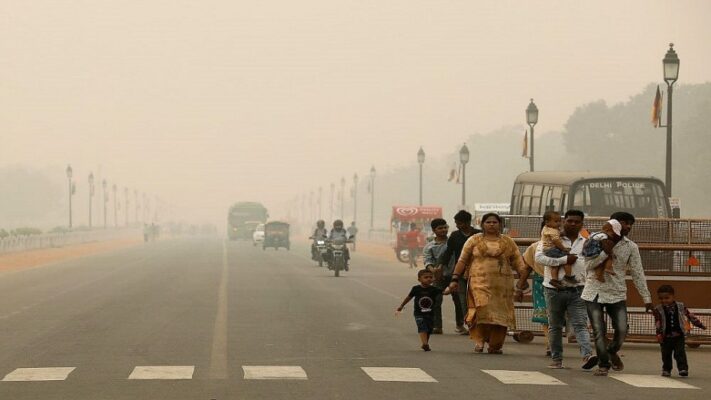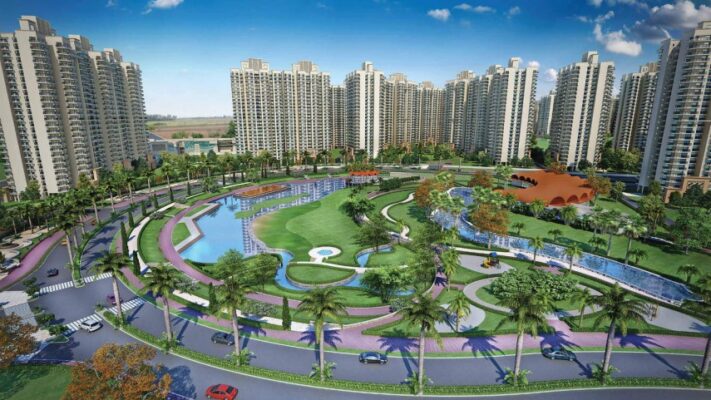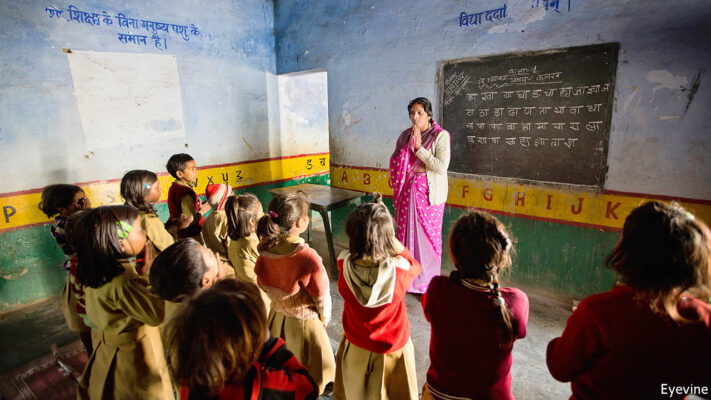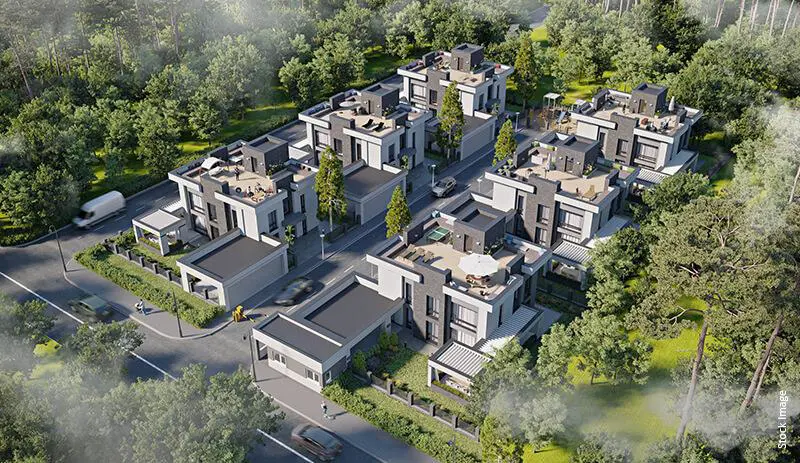As India’s wealthy retreat into exclusive gated communities, they gain access to luxury, safety, and world-class amenities while leaving behind the noise and chaos of the outside world. Yet, behind these high walls lies a troubling reality: such enclaves deepen social divides, restrict affordable housing, and weaken public services, raising urgent questions about inequality, civic responsibility, and the future of India’s urban landscape.
How would you like to live if you had millions, if not billions, of dollars in your pocket? For many Indians, the answer is to emigrate to Western countries. Because India is a difficult place to live with its pollution, noise, and chaos, many millionaires still cannot enjoy the life they want despite their ridiculous wealth. This explains why, according to data from Henley and Partners, around 3,500 Indian millionaires are expected to relocate to other countries in search of better living standards.

A survey of 12,500 expats in the world has ranked India as among the 10 worst countries to live and work in
However, what if you could leave without leaving? Have you ever wondered whether you could stay in your country and enjoy the privileges afforded to the rich while avoiding all the problems of your nation? The answer is yes. The development of elite, ultra-luxurious complexes, known as “gated communities,” makes this possible. They offer a rich-world lifestyle, providing luxurious houses, spacious, state-of-the-art hospitals, and world-class schools to residents. Life in these areas is completely separate from the problems outside, allowing people to access improved living standards without leaving the country.

Major cities like Mumbai, Bangalore, Hyderabad, and Chennai have seen a significant rise
in these developments, catering to different budgets and lifestyle preferences
Though benefiting the rich, these gated communities can create significant social repercussions. Some believe ultra-luxurious complexes were created to preserve a highly stratified society, in which wealthy individuals enjoy preferential treatment while impoverished communities, lacking access to healthcare and education, struggle to climb the social ladder. This is a tactic used by the rich to safeguard and consolidate family wealth and drive out those they perceive as threats to their power.
It is not an exaggeration to say these residential areas belong to a completely different country. Everything has to be exclusive and different. Entry to many of these enclaves is controlled by an army of security guards, and visitors must use a one-time password for admission. Staff and delivery people have to use separate lifts. Many Hindu-managed complexes introduce policies that implicitly prevent Muslims from moving in or even entering the buildings. These policies reinforce social inequality and regional discrimination that has characterized India for years.
Though shielded from the outside world, gated communities still impose costs on outsiders. Large profit margins mean most construction companies redirect their resources to building luxury homes, resulting in a lack of affordable housing for laborers. Also, posh complexes necessitate vast expanses of land for private hospitals and schools. Limited land squeezes the space available for affordable housing, which drives up property prices and excludes the disadvantaged from home ownership.
As rich individuals secede from society, they no longer use public services. As a result, there is less pressure on the government to invest in and upgrade those services, leading to the gradual deterioration of public facilities. This partly explains the crippling healthcare system in India, not to mention its underfunded education sector: Indian students perform worse than their counterparts in Asian countries such as Vietnam and Singapore.

In India, many teachers and countless classes exist, but the quality of education continues to decline
Another consequence is civic disengagement. Living separate from the rest of society, the rich have little incentive to contribute to the common good. They refuse to respond to government surveys conducted to gather public opinions, thus undermining the applicability of such studies. The lack of information hinders effective policy-making.
– Tran Khanh Huyen
